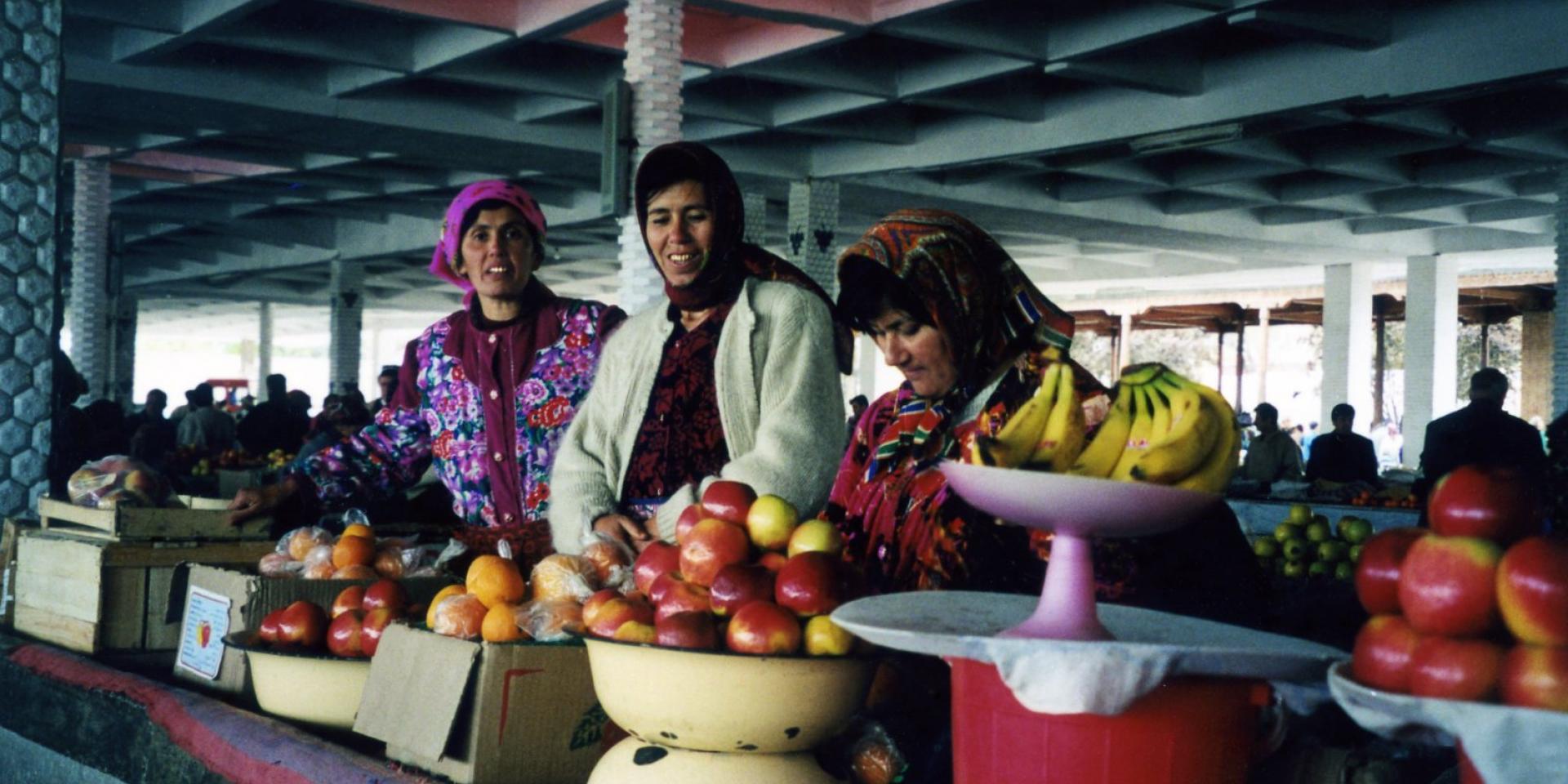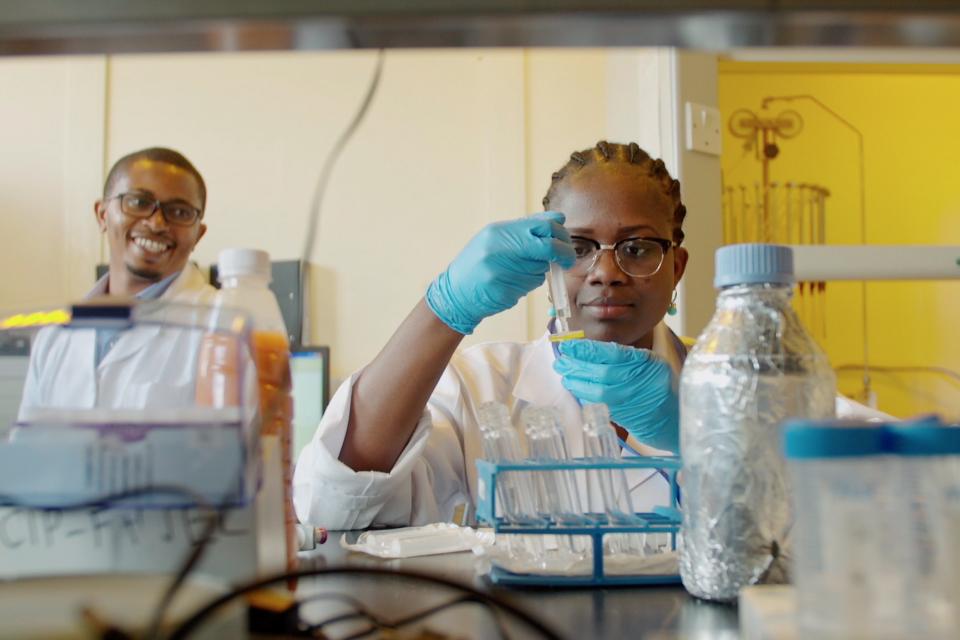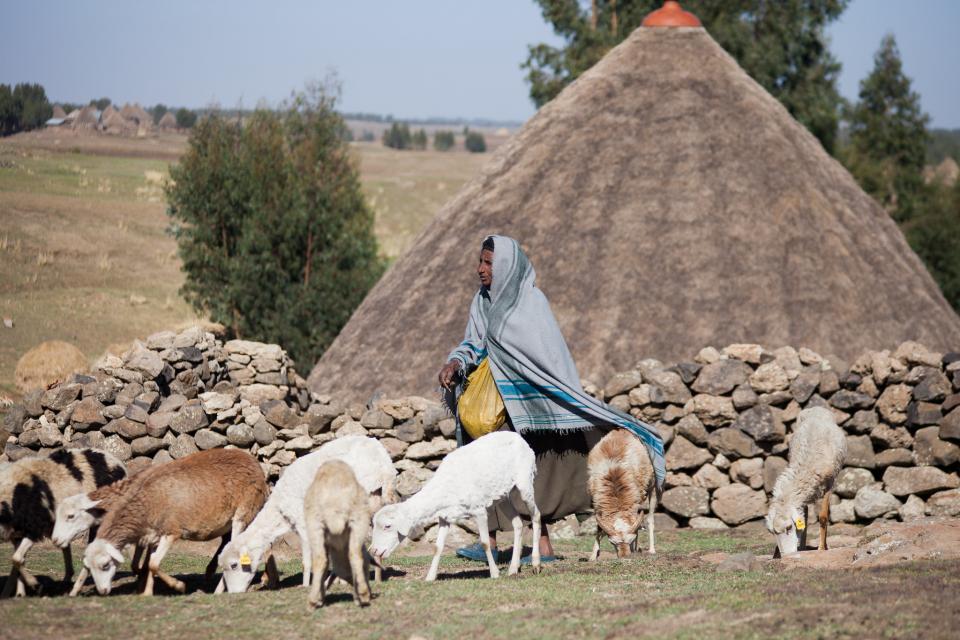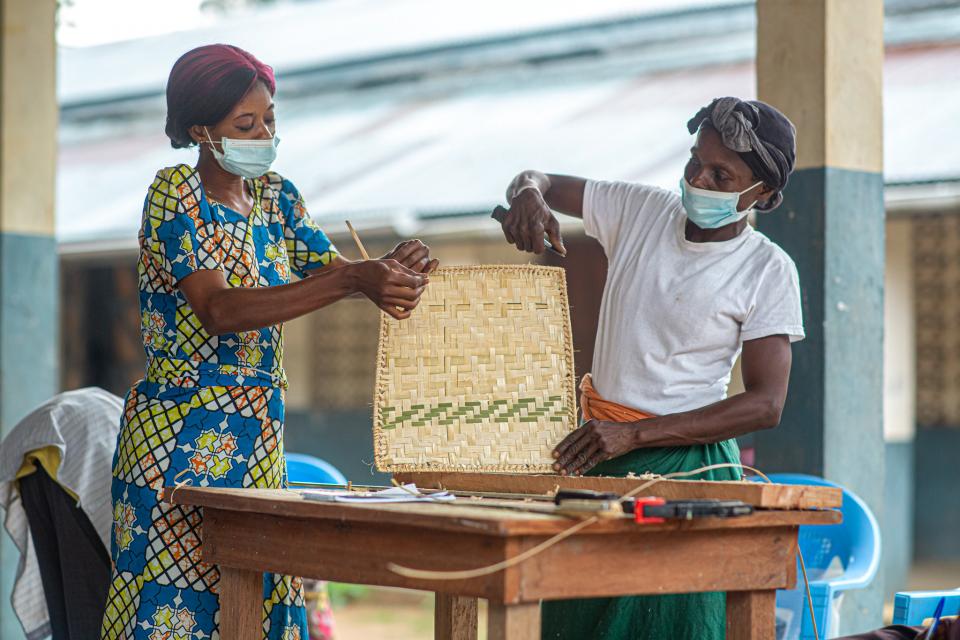Feminization and gender roles in agriculture in post-Soviet Uzbekistan
 Photo: Jeanne Menjoulet/Flickr
Photo: Jeanne Menjoulet/Flickr
After its independence from the Soviet Union in 1991, Uzbekistan underwent transformative socio-economic changes, which led men to seek work opportunities abroad. Meanwhile, the State continued to turn to agriculture, focusing on wheat and cotton, to provide a means to employ the population but with far less funding.
The study found that male outmigration 'feminized' agricultural labor and management, increasing women's work (often unpaid) by recasting their involvement in wheat production and processing, even while continuing their traditional roles in the household.
Further, while the government's interest in achieving wheat self-sufficiency meant less discrimination against women for access to inputs, its strategic focus on cotton and wheat and redirection of water towards these crops discriminated against women's aspiration to focus on cash crops (fruits and vegetables).


